Kinesiology Research
Kinesiology program faculty engage in cutting-edge research. Explore their work and potential collaboration opportunities through the links below to individual projects, programs and labs.
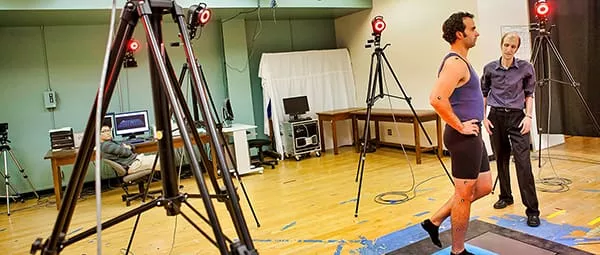
Biomechanics Laboratory
The Biomechanics Laboratory focuses on clinical and ergonomic applications of biomechanics and motor control, with an emphasis on injury prevention. Both experimental and modeling approaches are used.

Children & Youth with Disabilities Lab
The Children & Youth with Disabilities Lab is focused on improving quality of life for children and youth with and without disabilities through physical activity.
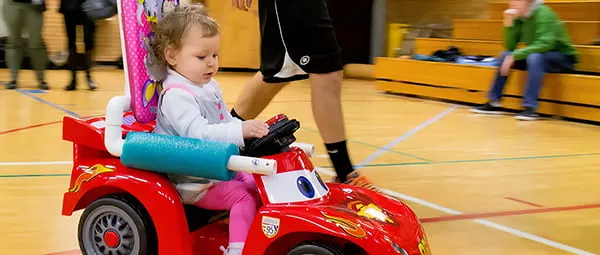
Disability and Mobility Do-it-Yourself Co-Op
The Disability and Mobility Do-it-Yourself Co-Op is dedicated to the design, prototyping, and testing of toy-based technologies and the development and implementation of play-based experiences that promote mobility and play.
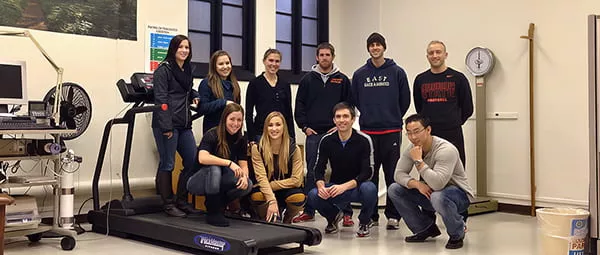
Human Performance Lab
The Human Performance Lab research interests include exercise energy metabolism, athletic performance, and body composition.
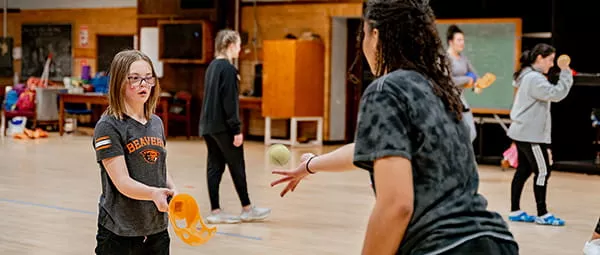
Inclusive Physical Activity Laboratory (iPAL)
The Inclusive Physical Activity Laboratory (iPal) is focused on promoting physical activity for individuals with disabilities across the lifespan through research on health disparities, assessment practices and intervention programs.
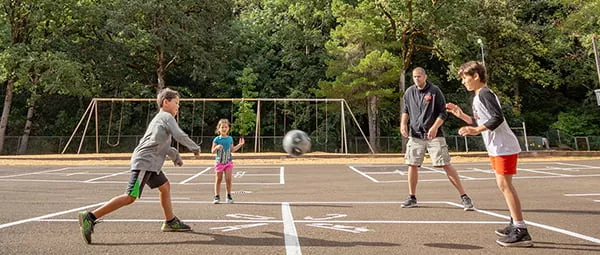
Psychosocial Physical Activity Laboratory (2PLAY)
The Psychosocial Physical Activity Laboratory (2PLAY) research foci include how to increase access to play, physical activity, and sport in children and adolescents, and how to leverage play, physical activity, and sport, to promote social-emotional development in children and adolescents.
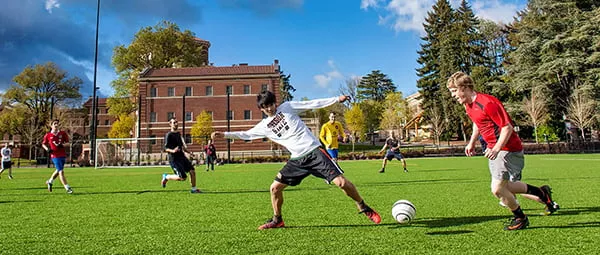
Sports Injury Prevention Research Group
The Sports Injury Prevention Research Group utilizes cutting-edge instrumentation to identify factors that can be targeted in athletes/patients to prevent injury and improve performance.
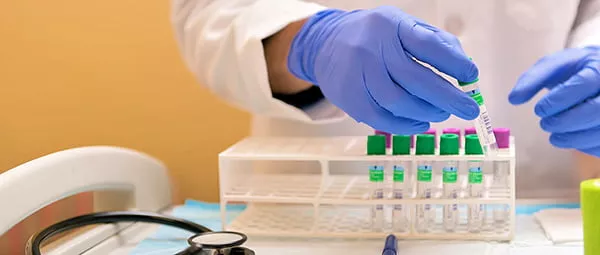
Translational Metabolism Research Laboratory
The Translational Metabolism Research Laboratory investigates the molecular and cellular basis of metabolic disease and lifestyle interventions. We employ sophisticated techniques to evaluate the role of lipids, mitochondria and various cellular processes in the development of skeletal muscle insulin resistance.
Recent publications
(This is not an exhaustive list. We are still rebuilding our database of faculty publications. Visit individual faculty profiles for more extensive lists of their publications.)